
Taiwan Election Results Spark Concerns in Beijing
The recent election results in Taiwan have sent shockwaves through Beijing, causing considerable concern for the Chinese Communist Party (CCP) and its leader, Xi Jinping. Renowned Chinese dissident and philosopher, Yuan Hongbing, currently living in exile in Australia, argues that the outcome is a significant setback for Xi Jinping’s administration.
Xi’s Defeat and Taiwan’s Choice for Global Engagement
The CCP has long claimed Taiwan as part of its territory, with Xi Jinping expressing a commitment to achieving “reunification,” even by force if necessary. Over the past four years, China has increased military aggression towards Taiwan, breaching previously recognized unofficial barriers. However, in the recent elections held on January 13, the Democratic Progressive Party (DPP) candidate, Lai Ching-te, and vice-presidential candidate, Hsiao Bi-khim, secured victory over the pro-CCP Kuomintang Party (KMT).
According to Yuan Hongbing, the election results are a triumph for international forces supporting freedom and democracy but a significant defeat for Xi Jinping. The people of Taiwan, by choosing Lai Ching-te and rejecting candidates endorsed by the CCP, have signaled their rejection of Xi’s “one country, two systems” approach.
CCP’s Influence Operations and Taiwan’s Response
Social media research company Graphika suggests that the CCP’s influence operation during Taiwan’s presidential election favored the KMT, which advocates closer ties with Beijing. Simultaneously, it criticized candidates from the DPP, known for its strong relationship with Washington. Lai Ching-te, in his winning address, emphasized maintaining peace in the Taiwan Strait while pursuing exchanges and cooperation with China under the principles of dignity and parity.
Beijing’s response, delivered by Chen Binhua, spokesperson for the State Council Taiwan Affairs Office, downplayed the election results, claiming the DPP doesn’t represent mainstream public opinion and insisting that it won’t impede the trend of China’s reunification.
Rising Tensions in the Taiwan Strait: Three Contributing Factors
Yuan Hongbing identifies three major factors contributing to the escalating crisis in the Taiwan Strait. First, the CCP’s constitution considers the conquest of Taiwan a fundamental national policy. Second, Taiwan’s rejection of CCP-endorsed candidates makes a peaceful unification less likely. Third, Xi Jinping is facing internal and external challenges, including economic decline, financial instability, and dissent within the Party, particularly from the second-generation CCP officials or “princelings.”
Liu Yuan, son of former chairman Liu Shaoqi, is leading a group of princelings calling for Xi’s resignation. In this context, Yuan believes Xi may view seizing Taiwan through military action as a way to maintain power, despite the potential disastrous consequences.
Challenges for Lai Ching-te’s Administration
While the DPP won a third term, changes in Taiwan’s legislature structure indicate a shift. None of the three major parties secured a majority, and the DPP’s seats declined. Yuan attributes this decline to CCP’s cognitive warfare and perceived arrogance of the incumbent Tsai Ing-wen government, creating challenges for Lai Ching-te’s administration.
Beijing may exploit pro-Xi politicians and legislative activities to erode Taiwan’s resistance against CCP influence, fostering chaos and confusion. Yuan anticipates that Beijing will attempt to create conditions for initiating a war in the Taiwan Strait.
The Illusion of “Reunification” and Taiwan’s Stand for Freedom
Xi Jinping’s reiterated intention to take over Taiwan, emphasizing the inevitability of reunification, raises concerns. Yuan argues that there is no fundamental political basis for such reunification, emphasizing that it must be voluntary and align with the principles of the modern rule of law. Taiwan’s commitment to freedom and democracy, incompatible with the CCP’s authoritarianism, challenges the political deception of CCP’s “reunification.”
As tensions rise in the Taiwan Strait, the world watches closely, aware of the potential implications not only for the region but for the global balance of power. The challenge for both Taiwan and the international community lies in navigating these tumultuous waters while preserving peace and democratic values.

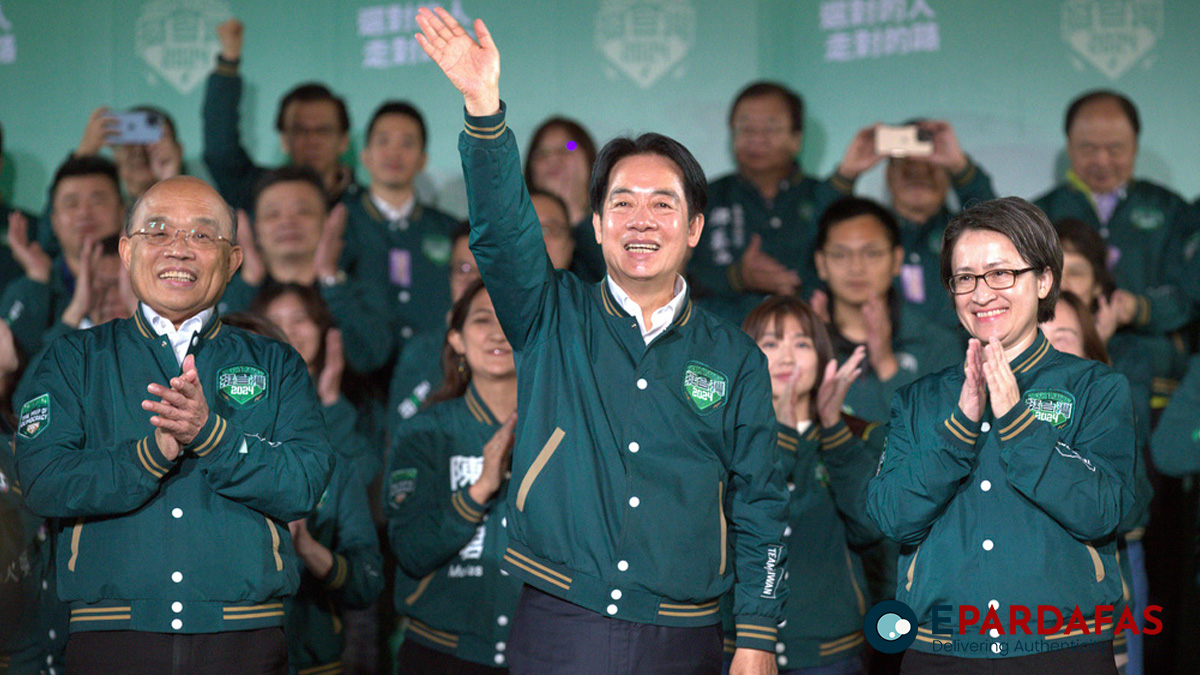


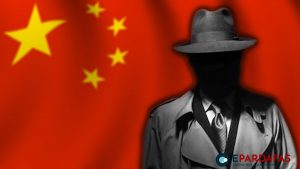
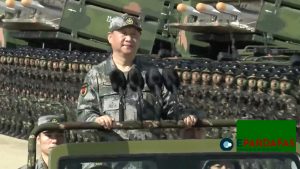
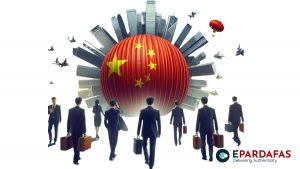

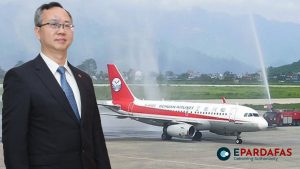
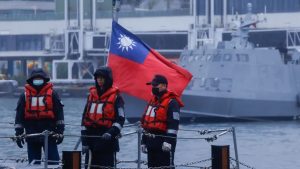

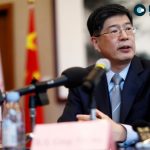
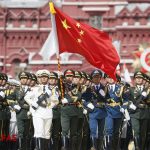



Comments